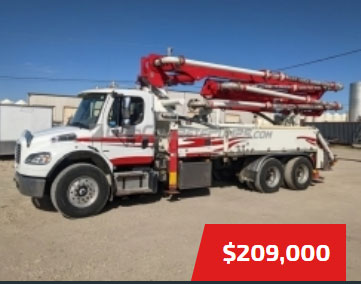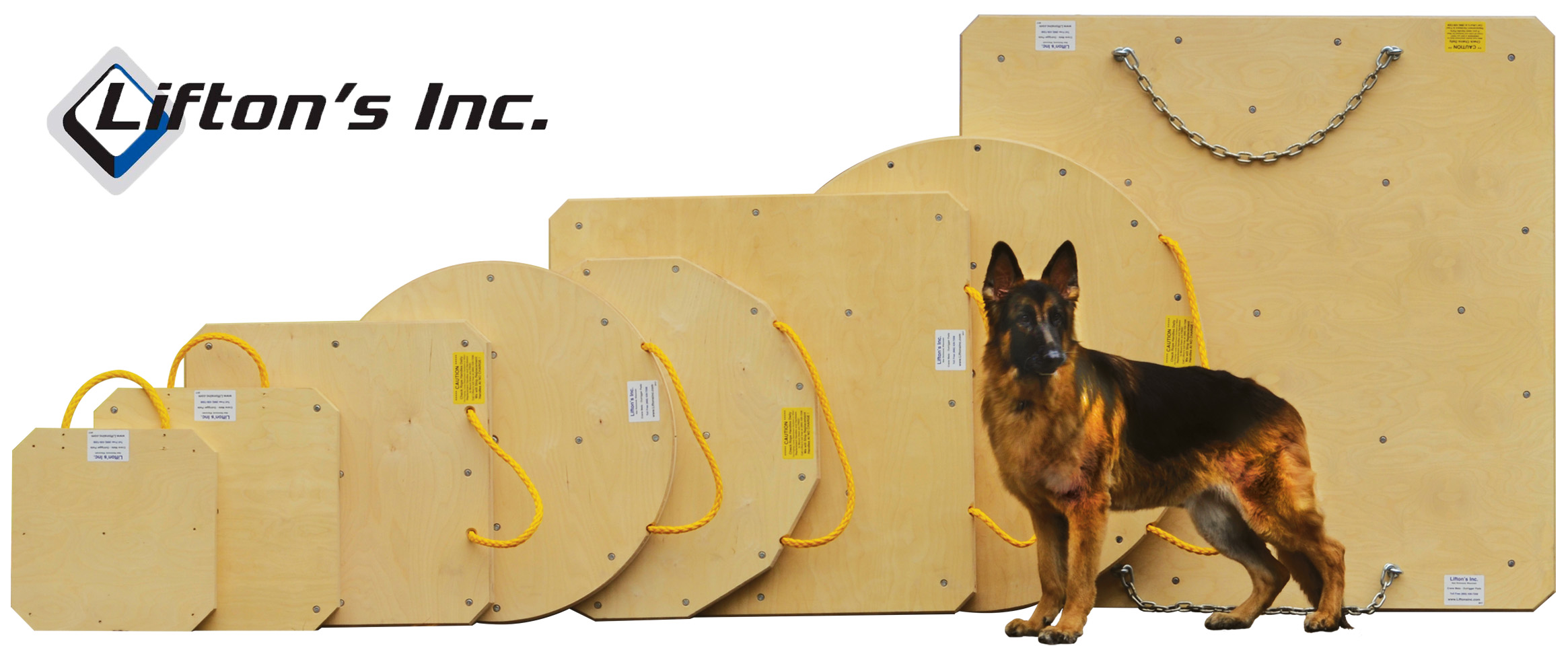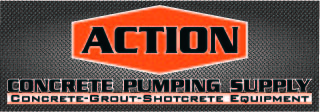| pudg2 | 05-18-2008 | comment profile send pm notify |
|
I understand why the other post was taken down,but I would like to know what everyone thats used the reduction hoses thinks,I think there the biggest safety hazard I've seen in my 20 years in the business,I understand this sites stand on double ended hoses,I would like to know there opinion on these accidents waiting to happen.The first pump I ran with one on it, the 2nd job I had my first hose whipping I was pumping along and out of nowhere the hose just plugged and before I could react the hose went crazy,the next incident was on a brand new truck p brand which they was told not to deliver with the reduction hose but they did the very first job I did I was pumping slow and luckily I was pouring without a hoseman and the same thing happened jamming at the end of the hose causing the whipping effect,very dangerous,atleast with the 2 ended 5" hose theres no reduction,it seems as though the danger with the 2 ended hose is operator error not that I'm perfect but seems to me you keep the hose low,and operate with safety in mind,Bob I know your stance,but I'd like to hear it on these reduction hoses.I don't know if there a sponsor or if it will be sensored if it is I understand and Bob if you need to give your opinion offline you know my e-mail(toddt@tmisla.com)waiting to hear from yall I hope you all have a busy and safe week. |
||
| Todd | 05-18-2008 | reply profile send pm notify |
|
Just so eveyone knows the other post was not taken down, it was just taken off the top, I can flag post and they stay on top when i unflag them they then go back to were they were in order. |
||
| Many | 05-18-2008 | reply profile send pm notify |
|
Ok,I'll bite.When working bbcp we carried a 5" double end hose,sometimes a 4 1/2" tip,4" tip,3 1/2" tip.When going out on those hard hitting pours (150 ydsph +) we brought out the big gun 5" tip.The 4 1/2" worked real well 100 - 150 ydsph. Our operations manager was always on the ball daily for the heads up on the next days pours.I have to say with the above information the operator is better equiped to make sound jugement. Operators if trained properly should know how to make the call.Oh,we also had the 5 minute rule for everything.This included set up,job problems,mix problems.I do have to admit mix problem play a big roll on proper sytem. I just took it in stride,5" to 3 1/2" the job conditions dictated.Hose men cried the blues sometimes but such is life. Good or bad, that's my take |
||
| G Rock | 05-18-2008 | reply profile send pm notify |
|
I think 5" to 3" reducing hoses are the best hoses for ICF pours. They take all the impact out of the falling concrete as it funnels down the hose, and then falls nicely and evenly into the forms. More importantly than that, they are rated for pressure (unlike those soft rubber hoses that are often used) and they don't have a metal elbow at the tip, which we all agree is very dangerous! I think the key to pouring an ICF with a reducing hose is to have the concrete very wet and pump fairly slowly. As long as the ICF was erected and braced properly you should be able to place it nearly as fast as a standard foundation with this kind of hose. That said, I agree that reducing hoses are more prone to whipping. It is also a pain to clear plugs with them because the plug really gets wedged in the hose. I don't really like to use them for anything other than an ICF. I prefer a 5" to 3 1/2" reducer with a 3 1/2 hose for standard walls and footings. Just my 2 cents, hope I'm not stepping on toes here.
|
||
| pudg | 05-19-2008 | reply profile send pm notify |
|
I understand your point but if were talking safety,wouldn't the safe way to go be a 5 to 3 metal reducer it's gonna catch the plug 99% of the time without even getting to the hose,use your safety strap and pin all clamps,but thats not the easiest,I'm just saying I like the plug to be in the metal reducer no hose whip,not degrading anyone for using them just with our gradation on your aggregates(river rock mostly),and our non-mixing cement mixers in the area were gonna run our metal reducers and keep our safety records clean,in other areas probably have different situations,I just dont like the idea of reducing in a rubber hose when thats were alot of the accidents happen.just my opinion, hope everyone has a safe week god bless> |
||
| G Rock | 05-19-2008 | reply profile send pm notify |
|
I agree, this is a much safer way to go. and a 5" to 3" metal reducer probably does as good a job at taking the shock out of the concrete as a reducing hose. I guess the main thing is convincing the contractor that your method will work. So many contractors still get upset if I show up without a double 90 even though it is unnecessary and dangerous.
|
||
| WHO?? | 05-19-2008 | reply profile send pm notify |
|
i personally dont much care for the 5 to 3 but for ICF ..nice and easy they are better IN MY OPINION than a orange trimmie (flat hose of death) any how other than slow and easy i wont use a 5 to 3 on the other hand i do like my 5 to 4 hose.After you get them broke in they are great and you dont have to pump fast to keep them full giving you plenty of time to re-act to a plug,....just my 2 cents |
||
| b-alto | 05-20-2008 | reply profile send pm notify |
|
Our concrete in MN must be good. I do not have any problems with mine. Although you do need to be quick on the shut off. I imagine a 5-3 steel is very heavy to clean ? How many times a day do you heve to take it off, and clean? What a mess. I can't remember taking my rough neck off to unplug. I just beat, or poke the plug out. But then I do mostly residential and find no need to pump fast. A 5" would be out of the question for my people they would have to wear full splatter protection. even a 4" is messy. I pour over foam quite a bit. |
||
| pudg | 05-21-2008 | reply profile send pm notify |
|
We do some icf's but you cant always see the end of the boom and alot of times we may be pouring upto 7 stories high.The 5-3 isn't that heavy definitely no heavier than a 5-3 hose .In other parts of the states,as I said,they may work well,just down here with our material they are a safety hazard I don't have the time nor the inclination to deal with or take chances with my safety record.Plugs should try to be kept in iron not rubber.Just my opinion. |
||




















.jpg)
.gif)

.jpg)









.jpg)








